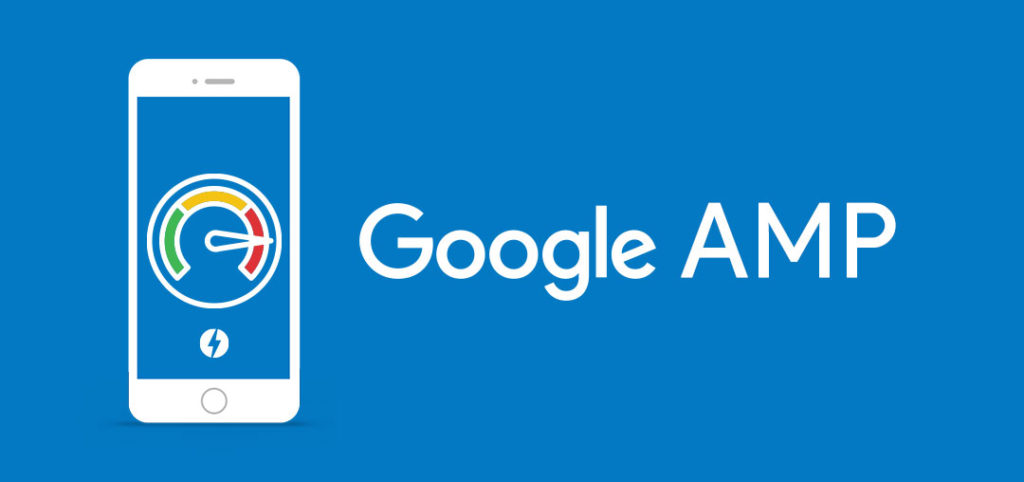The power of the web lies in its decentralization nature , it lies with its edge nodes, Google AMP is claiming dictatorship and taking our web freedom away.
What is Google AMP?
According to the Wikipedia The Accelerated Mobile Pages Project (AMP) is an online publishing format, created by Google as a competitor to Facebook’s Instant Articles, that is similar to HTML and optimized for mobile web browsing. Using special code, AMP-HTML is intended to help webpages load rapidly when clicked in the Google search results pages
AMP requires web developers to use a narrow set of web technologies to create pages. An example will be not allowing most JavaScript tags, this itself will cause the page to load faster. Also AMP pages are being served off of their own servers when they show up in the Google AMP result page
While most content management systems (CMS) like WordPress have their own plugins for generating AMP pages, most other websites achieve this by composing AMP pages at a separate subpage like yoursite.com/yourpage/amp
Benefits of using AMP
Wired says Google gives special treatment to the AMP optimized webpages like news and will have them show up at the top of the mobile search results. With its AMP search results, Google is amassing content on its own servers and keeping readers on Google.
What is the catch?
Besides having the AMP pages hosted on Google, if a AMP link is shared, it will have Google.COM as the domain and not the actual website. In other words, Google doesn’t let your AMP page content to show up in results unless AMP page is hosted on google. This is changing the search engine optimization methods for mobile pages from links and indexing to the AMP pages being hosted on Google
What do critics say?
There has been a lot of mixed AMP review : While companies like ABC, CNN, Fox News and Time Inc are huge supporters and implementer of AMP on their websites, from a speed perspective, Others like The Register has been a big critic : “Google’s AMP is bad – bad in a potentially web-destroying way. Google AMP is bad news for how the web is built, it’s bad news for publishers of credible online content, and it’s bad news for consumers of that content. It is only good for one party: Google. Google, and possibly, purveyors of fake news.”
There is currently no way to find the canonical link to the page without guessing what the original URL is. This usually involves removing either a .amp or ?amp=1 from the URL to get to the actual page. Make no mistake. AMP is about lock-in for Google. AMP is meant to keep publishers tied to Google. Clicking on an AMP link feels like you never even leave the search page, and links to AMP content are displayed prominently in Google’s news carousel. This is their response to similar formats from both Facebook and Apple, both of which are designed to keep users within their respective ecosystems. However, Google’s implementation of AMP is more broad and far reaching than the Apple and Facebook equivalents. Google’s implementation of AMP is on the open web and isn’t limited to just an app like Facebook or Apple.
Security and Privacy Concerns
The AMP HTML Specification states that all AMP HTML pages must load a JavaScript file from https://cdn.ampproject.org/. If you already run Google Analytics on your pages you probably don’t care that you’re loading yet another black-box JS file from Google. But sites that load absolutely nothing from external sources should understand the privacy and security implications that come along with running JavaScript that you don’t control. For something that is supposedly considered an open standard, requiring JavaScript and then forcing users to load that JavaScript from an external source should give any privacy conscious site pause.
Conclusion
While AMP is a part of the web but it is not the same thing as web. It can help webpages to load faster while increase their SEO ranking on the google but the ultimate decision is yours. Is speed everything we should consider in making such a move? I don’t believe so.

